We learn from our gardens to deal with the most urgent question of the time: How much is enough?
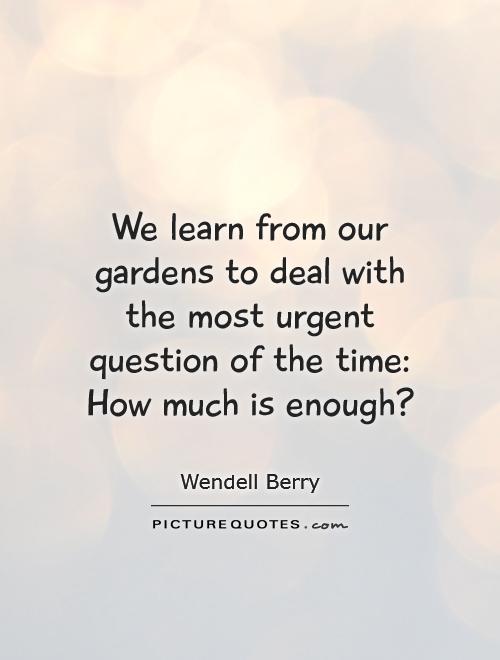
We learn from our gardens to deal with the most urgent question of the time: How much is enough?
In the quote “We learn from our gardens to deal with the most urgent question of the time: How much is enough?” Wendell Berry encapsulates the essence of sustainable living and the importance of finding a balance between consumption and conservation. Berry, a renowned environmental activist and writer, often emphasizes the interconnectedness of humans and nature, and the need for individuals to live in harmony with the natural world.Gardens serve as a microcosm of the larger world, where we can observe the cycles of growth, decay, and regeneration. In tending to our gardens, we learn the value of patience, hard work, and respect for the earth. We come to understand that there is a limit to how much we can take from the land without depleting its resources. This lesson is particularly relevant in today’s world, where rampant consumerism and overconsumption are leading to environmental degradation and climate change.
By asking ourselves “How much is enough?” we are forced to confront our own desires and priorities. In a society that often equates success with material wealth and possessions, it can be difficult to resist the temptation to constantly acquire more. However, Berry reminds us that true fulfillment does not come from the accumulation of things, but from living in harmony with the natural world and finding contentment in simplicity.
In his writings, Berry advocates for a return to a more sustainable way of life, where we prioritize the health of the planet over our own selfish desires. He believes that by cultivating a deeper connection to the land and embracing a more frugal lifestyle, we can find true happiness and fulfillment. This message is especially important in a world where the pursuit of wealth and material possessions often comes at the expense of the environment and future generations.
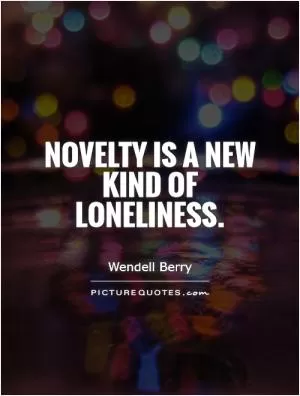
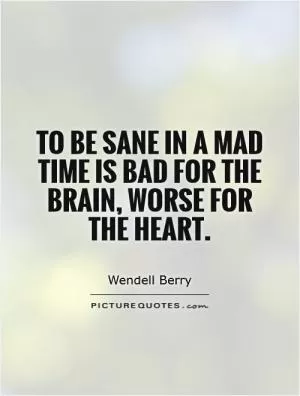
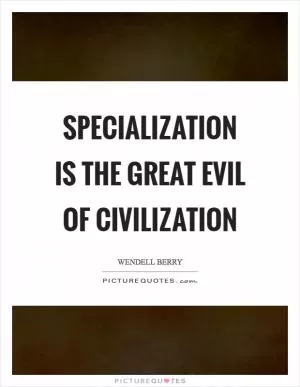
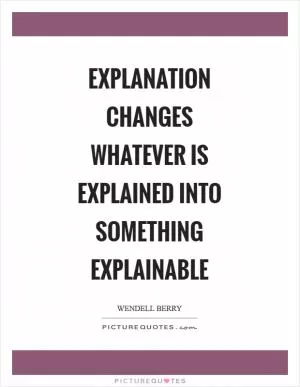
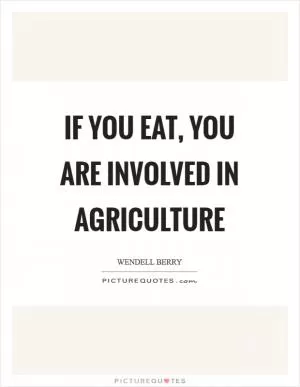
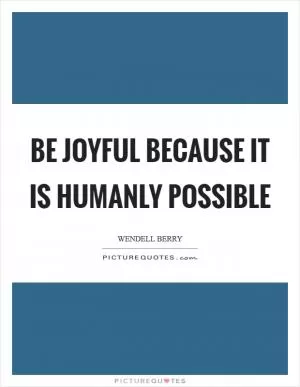
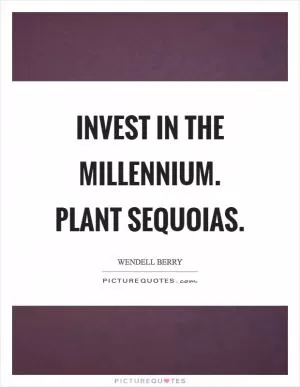

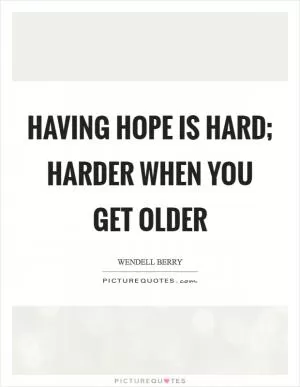
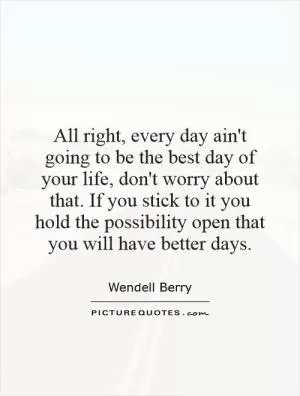
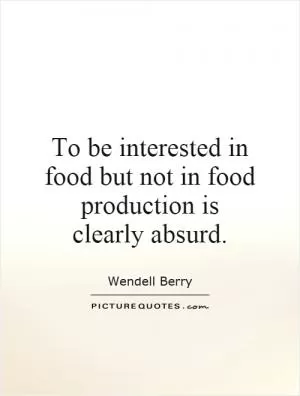
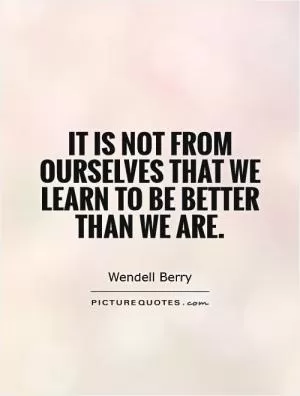
 Friendship Quotes
Friendship Quotes Love Quotes
Love Quotes Life Quotes
Life Quotes Funny Quotes
Funny Quotes Motivational Quotes
Motivational Quotes Inspirational Quotes
Inspirational Quotes